Immediately, the team of doctors from the Emergency Department and the Cardiology Department, City International Hospital, performed cardiopulmonary resuscitation with electric shock, and simultaneously activated the internal "red alert" procedure - an emergency coordination procedure between departments to minimize the handling time in life-threatening emergencies.
On May 16, specialist doctor Le Van Tuyen (Interventional Cardiology Department, City International Hospital) said that the patient's electrocardiogram results showed a severe acute myocardial infarction with a wide anterior wall. The condition rapidly progressed to cardiogenic shock, a critical complication with a mortality rate of up to 80% if not treated promptly.
In the face of critical condition, in parallel with continuous defibrillation and chest compression, the patient was transferred to the interventional cardiac catheterization room so that the coronary artery could be quickly scanned and recanalized. During the process of scanning and intervention, the patient fell into ventricular fibrillation several times, but thanks to urgent coordination, a stent was successfully placed to recanalize the main left coronary artery of the heart, helping patient T. overcome the boundary between life and death.
Doctors in the process of intervening to save the patient
PHOTO. NH
After the successful intervention, patient T.'s heart was able to contract regularly again, no longer had chest pain or difficulty breathing, his health was stable and he was transferred to the Cardiology Department for further care and treatment. After 1 day, the patient was able to walk around the room by himself.
According to Dr. Tuyen, the coronary angiography results showed that patient T. had a complete blockage at the root of the left main coronary artery due to multiple blood clots, which was the cause of acute myocardial infarction, ventricular fibrillation and cardiac arrest.
Myocardial infarction is increasingly younger
Specialist Doctor Dang Quang Thuyet, Deputy Medical Director and Head of the Emergency Department of the hospital, said that acute myocardial infarction is an extremely dangerous disease that progresses very quickly and can easily leave many serious complications such as arrhythmia, heart failure, cardiogenic shock, and even death if not intervened promptly. In particular, the "golden hour" from the first 1 to 2 hours from the onset of chest pain is the decisive factor for survival.
Myocardial infarction is no longer a disease of the elderly, the disease tends to be younger and younger. Middle-aged men with risk factors such as smoking, high blood pressure, lipid disorders, lack of exercise, prolonged stress... can completely face the risk of sudden myocardial infarction. In the case of acute myocardial infarction, if not properly treated and promptly intervened, the patient may face serious complications.
"Early recognition of warning signs such as left chest pain, difficulty breathing, shortness of breath, cold sweats, nausea, dizziness, lightheadedness, vertigo, unusual fatigue, anxiety, feeling of nervousness... is very important. When there are abnormal signs above, the patient should be taken quickly to a medical facility with the ability to intervene in depth for timely diagnosis and treatment," the doctor recommended.
Source: https://thanhnien.vn/nguoi-dan-ong-43-tuoi-bi-ngung-tim-do-nhoi-mau-co-tim-185250516120351833.htm


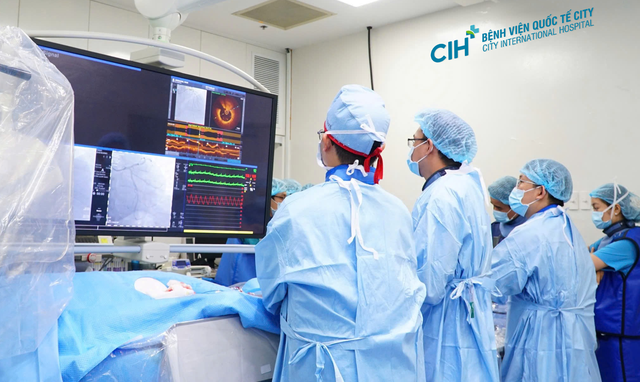
![[Photo] General Secretary To Lam, Secretary of the Central Military Commission attends the 12th Party Congress of the Army](https://vphoto.vietnam.vn/thumb/1200x675/vietnam/resource/IMAGE/2025/9/30/9b63aaa37ddb472ead84e3870a8ae825)
![[Photo] President Luong Cuong receives President of the Cuban National Assembly Esteban Lazo Hernandez](https://vphoto.vietnam.vn/thumb/1200x675/vietnam/resource/IMAGE/2025/9/30/4d38932911c24f6ea1936252bd5427fa)
![[Photo] Panorama of the cable-stayed bridge, the final bottleneck of the Ben Luc-Long Thanh expressway](https://vphoto.vietnam.vn/thumb/1200x675/vietnam/resource/IMAGE/2025/9/30/391fdf21025541d6b2f092e49a17243f)
![[Photo] The 1st Congress of Phu Tho Provincial Party Committee, term 2025-2030](https://vphoto.vietnam.vn/thumb/1200x675/vietnam/resource/IMAGE/2025/9/30/1507da06216649bba8a1ce6251816820)
![[Photo] Solemn opening of the 12th Military Party Congress for the 2025-2030 term](https://vphoto.vietnam.vn/thumb/1200x675/vietnam/resource/IMAGE/2025/9/30/2cd383b3130d41a1a4b5ace0d5eb989d)



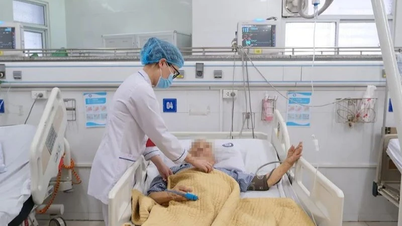

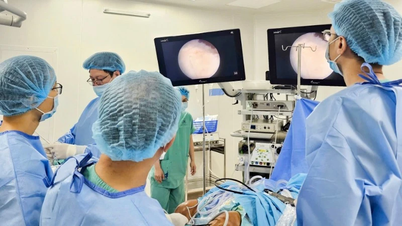






























































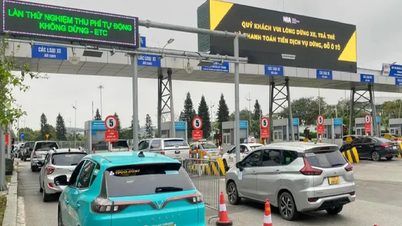















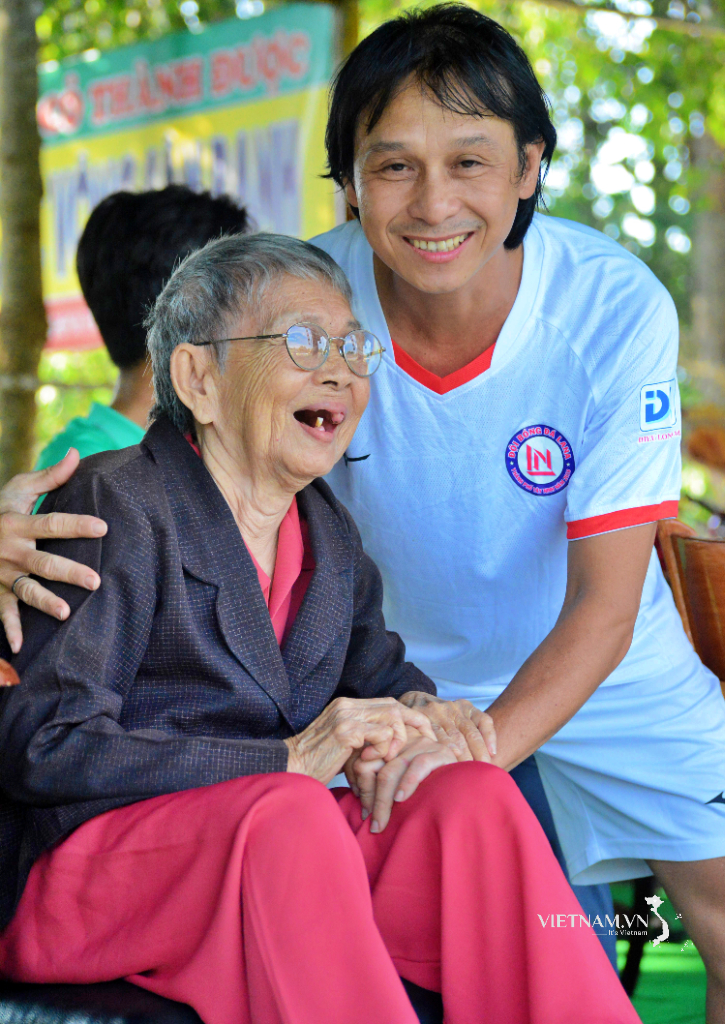

Comment (0)